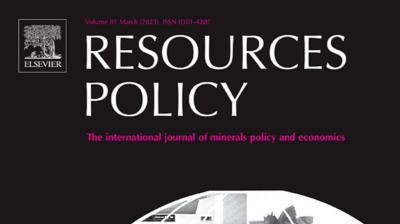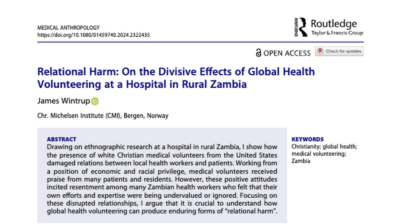Rewarding Safe Motherhood: How can Performance-Based Funding Reduce Maternal and Newborn Mortality in Tanzania?
Performance-based funding has been proposed as one mechanism to speed up the implementation of interventions for reduced maternal and newborn mortality.
This report investigates the potential role of such funding mechanisms in increasing maternal and newborn survival in Tanzania. Less than 50% of deliveries in Tanzania take place at a health facility. Some of the reasons are difficult transport, high costs (e.g., having to pay for delivery kits), and low quality of the services offered at health facilities. Performance-based funding can potentially address some of these challenges, but not all. Demand side issues, such as high costs, can be dealt with by conditional cash transfers to women who deliver at health facilities. Some of the quality issues at the health facilities may be addressed by rewarding health workers according to the number of deliveries, thus making it in their interest to improve the quality of the service.
Performance-based funding cannot, however, fully address the challenges related to poor transport infrastructure, delayed supplies of drugs and equipment from the central level, and the shortage of skilled health workers. In addition, there are challenges related to reliable reporting of performance and timely payment of performance rewards that may undermine the effectiveness of a performance-based funding system.
Our knowledge of the effect of performance-based funding in the health sector is very limited. Thorough impact research therefore needs to be part of new initiatives of this kind.







